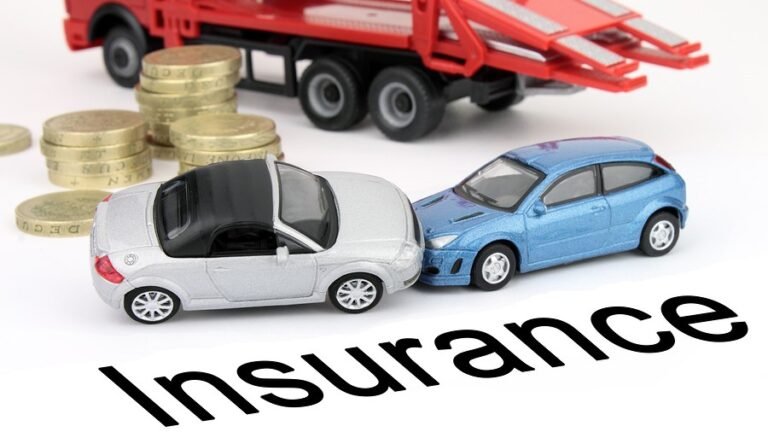Choosing the right car insurance can be tricky. You want enough coverage but not too much. Getting car insurance advice helps you decide. Policies have many options. Some are required. Others are optional. This article explains what coverage you really need. It uses simple English for easy reading.
Why Coverage Matters
Car insurance protects you. It covers accidents, theft, or damage. Without it, you pay for everything yourself. That can cost thousands. Insurance also protects others if you cause an accident. Most states require some coverage. Driving without it can lead to fines or jail. Good coverage keeps you safe and legal.
Liability Coverage: The Must-Have
Liability coverage is the foundation. It pays for damage or injuries you cause. For example, if you hit another car, it covers their repairs or medical bills. Most states require this. Minimum amounts vary by state. Common limits are $25,000 per person or $50,000 per accident. Check your state’s rules. Experts often suggest higher limits. This protects you from big lawsuits.
Collision Coverage: For Your Car
Collision coverage fixes your car after an accident. It covers crashes with other cars or objects, like a tree. It’s optional but important if your car is valuable. New or expensive cars need this. If your car is old, you might skip it. The cost to repair might be more than the car’s value. Weigh the cost of premiums against repair costs.
Comprehensive Coverage: Beyond Accidents
Comprehensive coverage handles non-accident issues. It covers theft, vandalism, or natural disasters. For example, it pays if a storm damages your car. It’s also optional. If you have a car loan, your lender may require it. Like collision, it’s worth it for newer cars. For older cars, check if the premium is worth the payout.
Personal Injury Protection: Medical Costs
Personal injury protection (PIP) covers medical bills. It pays for you and your passengers after an accident. Some states require it. It’s helpful if you don’t have health insurance. PIP can also cover lost wages. Check if your state mandates it. Even if optional, it’s useful for quick medical cost coverage.
Uninsured/Underinsured Motorist Coverage
Not everyone has insurance. Uninsured motorist coverage protects you if an uninsured driver hits you. Underinsured motorist coverage helps if their insurance isn’t enough. These are optional in most states. But they’re smart to have. About 1 in 8 drivers is uninsured. This coverage ensures you’re not stuck with bills.
Do You Need Extra Coverage?
Some policies offer extras. Roadside assistance helps with flat tires or towing. Rental car coverage pays for a rental if your car is in the shop. Gap insurance covers the difference between your car’s value and your loan balance. These are optional. Think about your needs. If you drive a lot, roadside assistance is handy. If you have a loan, gap insurance might be wise.
Factors That Affect Your Choice
Your needs shape your coverage. Consider your car’s value. New cars need more protection. Think about your driving habits. Frequent drivers face more risks. Look at your budget. Higher coverage means higher premiums. Also, check your state’s laws. Some coverage is mandatory. Good car insurance advice matches coverage to your situation.
How to Save on Coverage
You can lower costs without losing protection. Ask about discounts. Safe drivers often get lower rates. Bundling car and home insurance saves money. Good credit or good grades can also help. Raise your deductible to lower premiums. But make sure you can afford the deductible. Compare quotes from different insurers. This finds the best deal.
Questions to Ask
Before picking coverage, ask questions. What’s required in my state? Does my car need collision or comprehensive? Are there discounts I qualify for? How much can I afford for premiums? If you use an advisor, ask how they choose coverage. Their answers help you make smart choices.
Trust Your Instincts
Good coverage feels right. It should fit your budget and needs. If a policy seems too cheap, check what’s missing. If it’s too expensive, look for savings. Car insurance advice should make you confident. You want peace of mind on the road.
Conclusion
Choosing car insurance coverage takes thought. Start with liability coverage. Add collision or comprehensive if needed. Consider PIP and uninsured motorist protection. Skip extras that don’t fit your life. Check state laws and your budget. Ask questions and compare options. With the right coverage, you drive with confidence.



